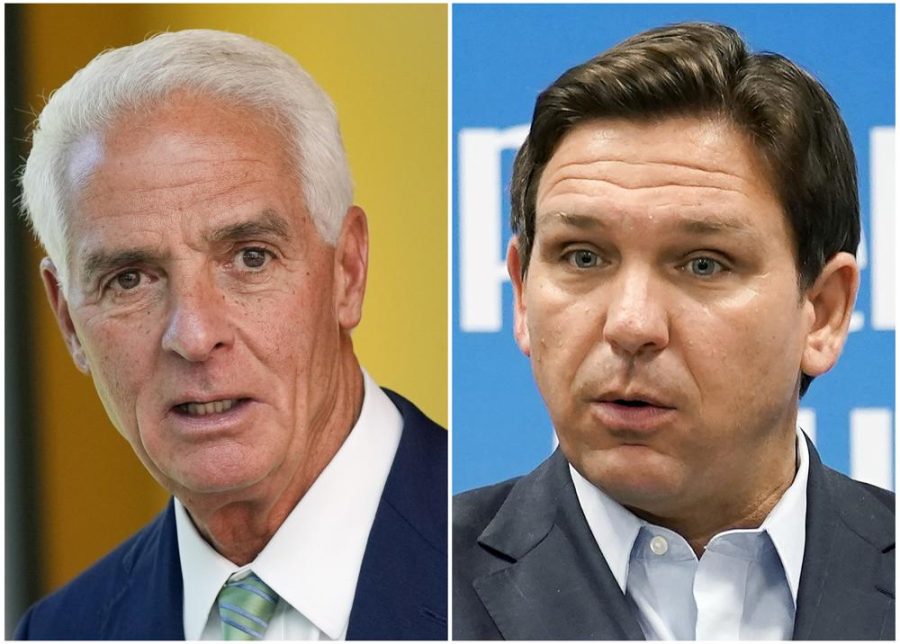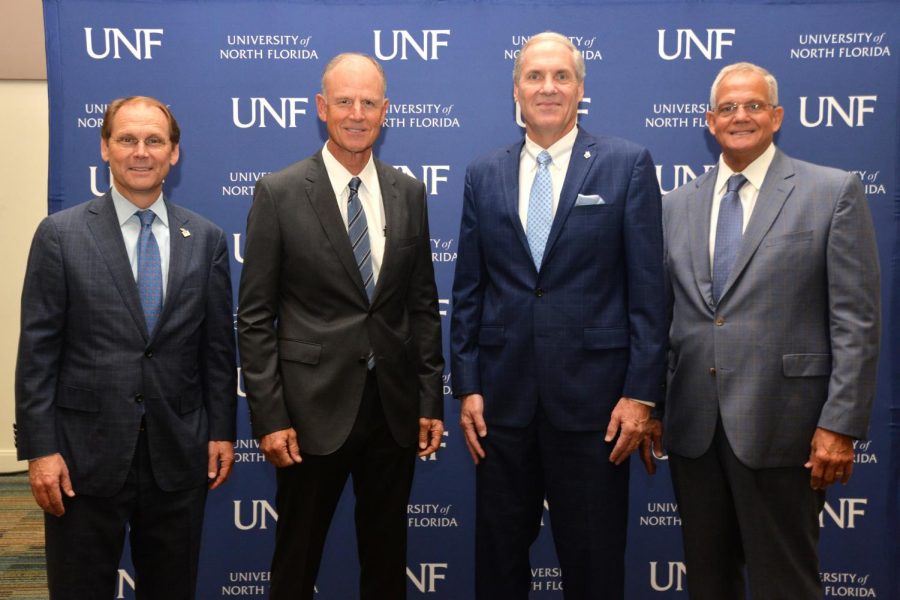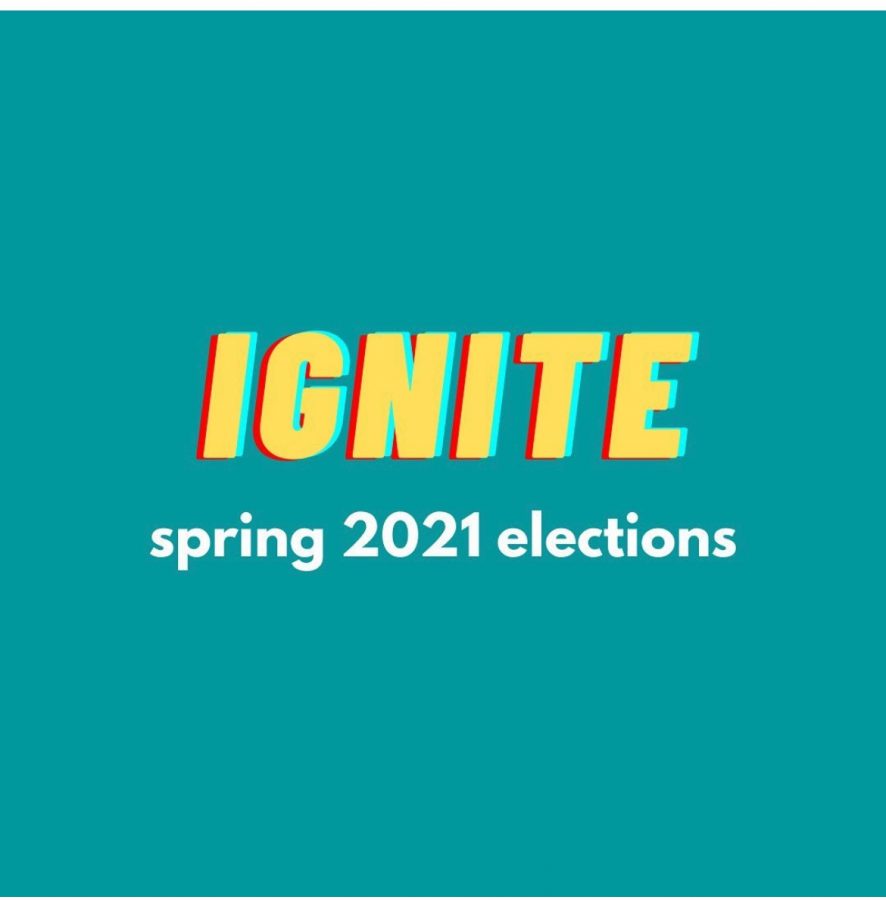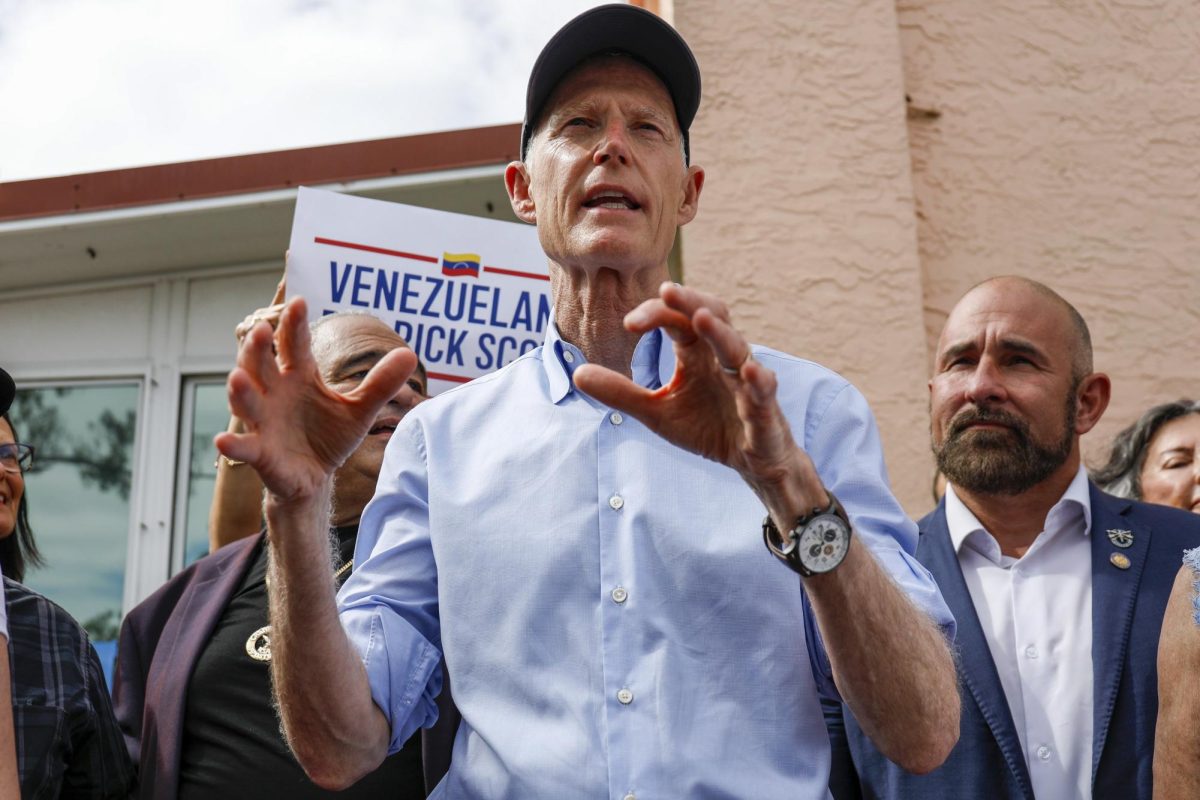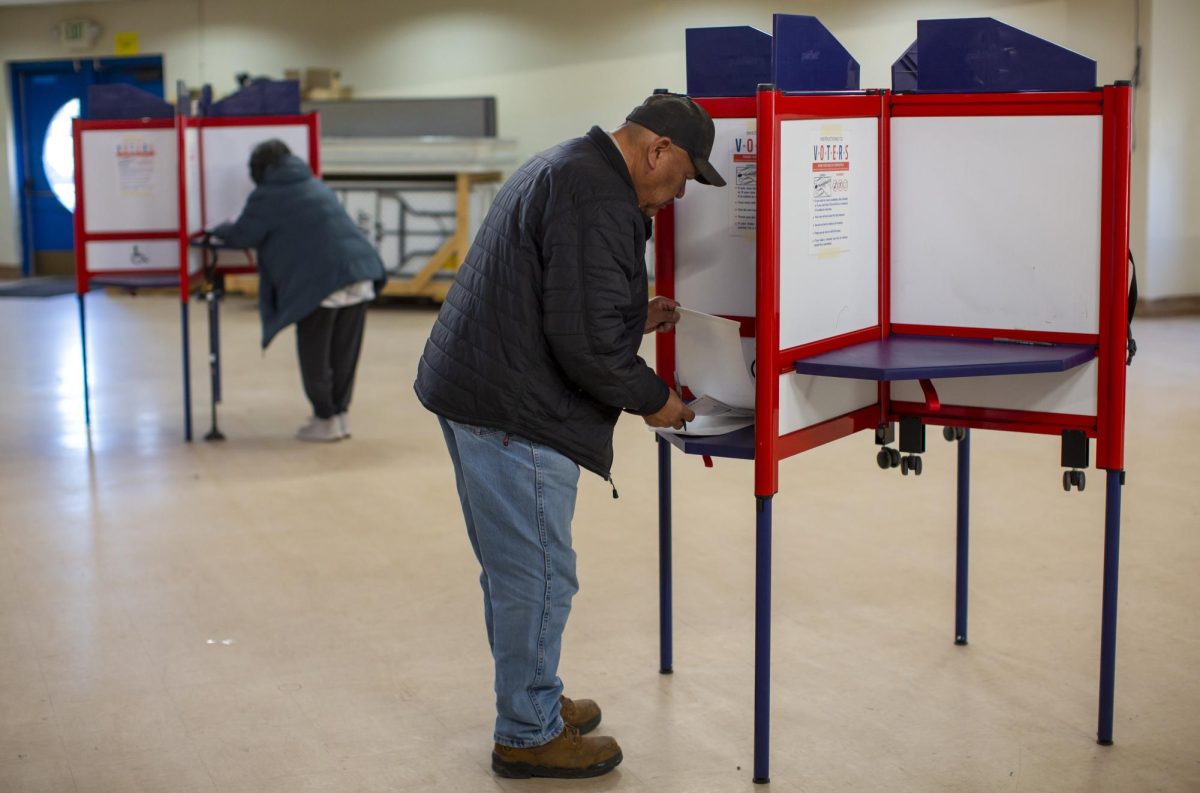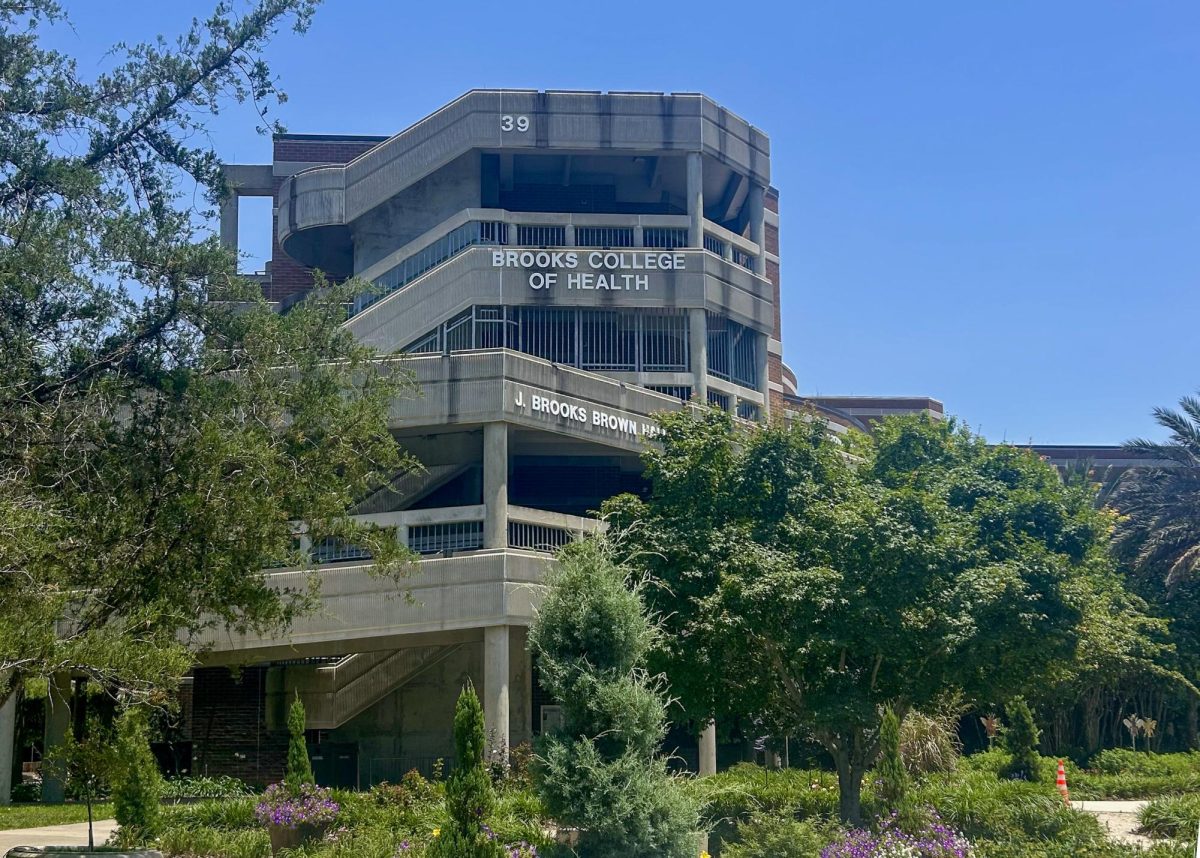Charlie Crist won the 2022 democratic primary election for Governor of Florida on Aug. 23 and will be facing incumbent Ron DeSantis in November’s midterm election.
Crist’s history with Florida politics began in 1992 when he won a seat in the Florida Senate, serving for six years. From 2001 until 2003, Crist served as commissioner of education and then became Florida’s first elected Republican attorney general in 2002.
He was elected as Florida’s forty-fourth governor in 2006 and, during his term, directed federal stimulus money to help pay Florida public school teachers, according to the Florida Department of State.
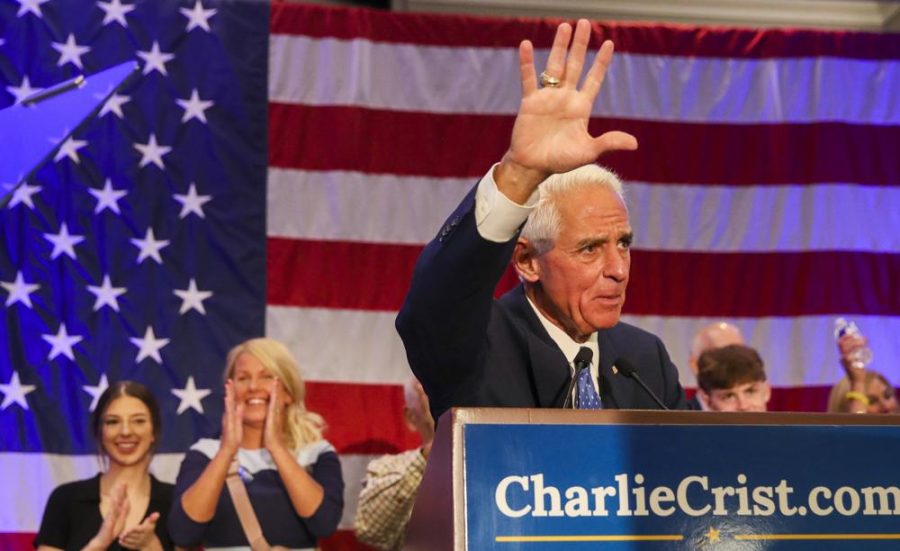
Crist defeated state Agriculture Commissioner Nikki Fried in the Democratic gubernatorial primary and will now take on current Florida Governor Ron DeSantis.
DeSantis was born in Jacksonville, Florida, and was first elected to Congress in 2012 as the U.S. Representative for Florida’s Sixth District. He was elected as Florida Governor in 2019 with the Republican Party.
DeSantis has implemented a few controversial policies within Florida during his term as governor. Assistant professor of political science Sean Freeder teaches American Politics and Political Psychology at the University of North Florida (UNF). Freeder discussed the changes DeSantis has recently created in Florida’s education system.
“HB7 [House Bill 7], that’s the ‘Stop WOKE’ bill as it’s equivocally known. That affects us here on a college campus,” Freeder said.
Freeder explained that he also takes the role of faculty fellow for civil discourse, so he’s responsible for helping other faculty members on campus learn how to avoid running into HB7 problems.
According to flgov.com, HB7 “deems CRT [Critical Race Theory] training to be an unlawful employment practice… Ensures Florida’s K-20 students and employees are not subject to CRT indoctrination… requires development of “Stories of Inspiration” curriculum to demonstrate important life skills and the principles of individual freedom.” HB7 is the first and strongest legislation of its kind in the nation.
“There’s a lot of stuff that’s impacted, not just the teaching of different things related to race and national origin with HB7, but also things related to gender and sexuality with HB [1557],” Freeder said.
Another legislation DeSantis passed earlier this year is HB1557, Parental Rights in Education.
“This bill prohibits classroom instruction on sexual orientation or gender identity in kindergarten through 3rdgrade… and requires school districts to adopt procedures for notifying parents if there is a change in services from the school regarding a child’s mental, emotions or physical health or well-being,” according to flgov.com.
“A huge change this year is redrawing the maps after the Census, so DeSantis weighed in on that in an unusual, I would even say, an unprecedented amount for a governor,” Freeder said. “In this case, DeSantis saw the maps, didn’t like them, essentially created his own maps, and that’s where we’re at, at this point.”
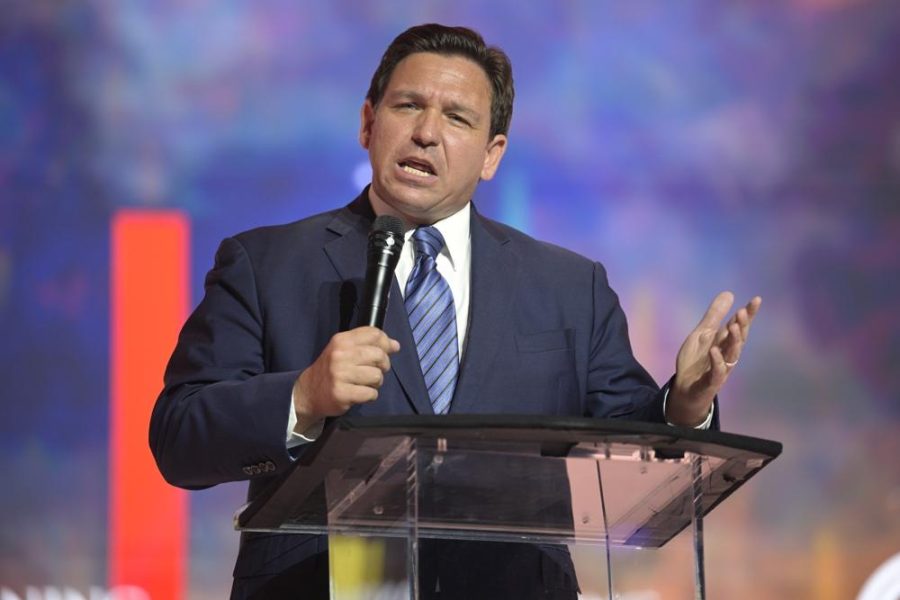
One reason for this, Freeder explained, is that DeSantis thought there were a few districts that were unfairly gerrymandered in the past. The new map rezones district five to include west-side Jacksonville and no longer expands into the panhandle. The people against this, Freeder explained, argued it was to get more Republican seats in Florida.
“You look at the distribution of seats after gerrymandering, and there are 28 seats in the state, 20 of them are going to the Republican Party and 8 are going to the Democrats,” Freeder said.
Throughout his time as governor, DeSantis has earned a fair amount of support. In terms of approval ratings, DeSantis’s are in the lower 50s, which Freeder explained is fairly good in a polarized state like Florida.
“Despite having pretty good approval numbers, he’s going to face a competitive race here,” Freeder said.
According to Florida Politics, Democrat Charlie Crist holds about 47% of support from likely voters, only about three percentage points behind DeSantis.
Freeder explained that what’s hurting DeSantis is also hurting the Republican Party on a national level, which is that ever since the Dobbs decision, particularly young female turnout and registration are going heavily in the direction of the Democratic party.
The other part of this dynamic is that during a midterm election, the party of the presidency usually does badly, Freeder explained.
“Between those two things—the party of the president is the Democrats, but there’s a lot of momentum against the Republicans for a lot of different reasons—kind of puts us in this position where you’re going to see some close races,” Freeder said.
One thing voters might note about Crist is his change of beliefs and party affiliation. He began his political career as a Republican, became an Independent in 2010, and then made his last switch to the Democratic party in 2012, where he currently stands.
In an interview with ABC’s The View, Crist was questioned about the sincerity of his party and belief changes. In defense, he said, “I changed because my party changed.”
Crist claims his beliefs on gay marriage and abortion have changed as well. He explained that he is now for gay marriage and pro-choice, a 180-flip compared to where he once stood earlier in his political career.
Freeder explained that Crist’s voting trends had reflected his party affiliation.
“He votes like a Democrat, and he voted very differently when he was a Republican,” Freeder said. “So, it’s also probably true that he feels like the party left him.”
Another factor contributing to how the November midterm election might play out is the amount of money raised by each candidate. Recently, DeSantis has raised more than 11 times the amount of money as Crist, and Freeder explained the challenges this difference raises.
“It’s very difficult for a challenger to beat an incumbent if they don’t at least come within the same rough universe as the amount of money they’re spending,” Freeder said.
DeSantis has a natural advantage in raising money partly due to wealthy donors who hope to see him run for president in 2024. On the other hand, Freeder explained that Crist might need to allocate some money toward convincing donors, both in and out of state, that he does have a competitive race at hand.
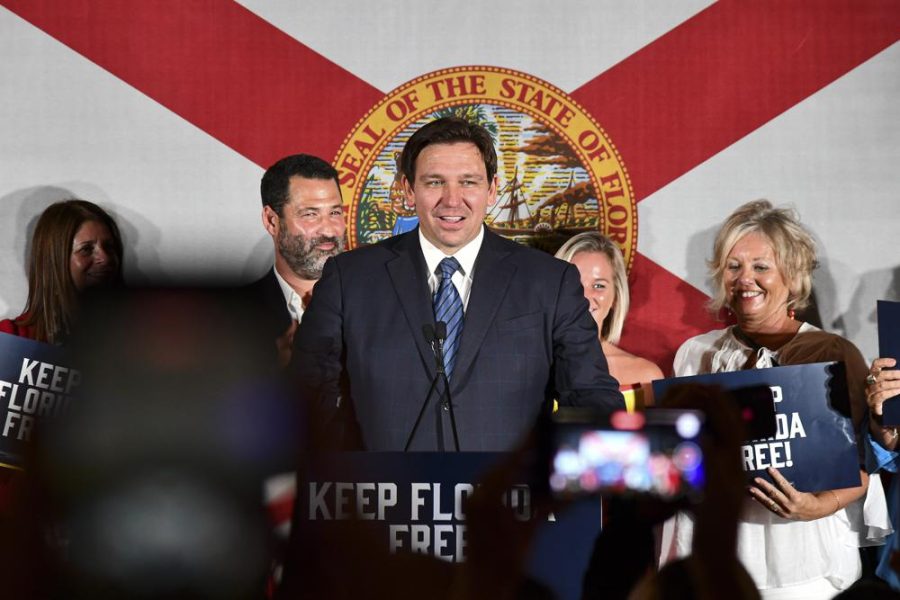
Over the next few weeks, Freeder suggested that issues of education and abortion will be coming into play that may determine how voters view the candidates. Although it hasn’t gone into effect yet, Florida changed its law to allow abortion up to fifteen weeks—the most liberal policy on abortion amongst the red states.
“He cannot go onto the 2024 Republican primary stage and have the most liberal laws on abortion,” Freeder said. “One thing we haven’t seen yet is this secret weapon[abortion laws] that Crist might use against DeSantis.”
The weeks leading up to Florida’s midterm election on November 8 will be a crucial time for each candidate as they continue in their campaigns.
___
For more information or news tips, or if you see an error in this story or have any compliments or concerns, contact editor@unfspinnaker.com.



